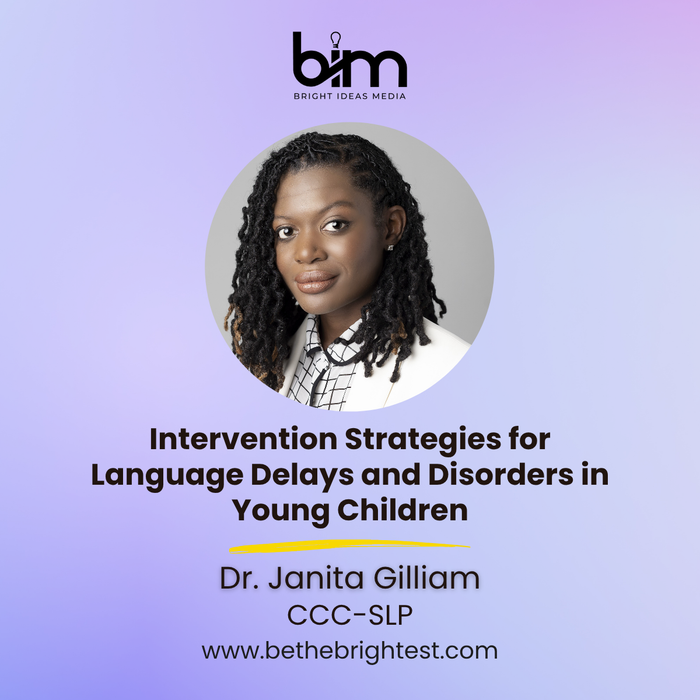Intervention Strategies for Language Delays and Disorders in Young Children
SLPs play a critical role in supporting expressive language development during the earliest years of life. This course equips pediatric clinicians with evidence-based techniques to enhance vocabulary growth in infants, toddlers, and young preschoolers. Participants will learn how to reframe their intervention approach, incorporating culturally responsive and family-centered practices that align with the diverse needs of today’s early childhood populations. Ideal for professionals seeking fresh, practical tools to strengthen outcomes and engagement in early language intervention.
Explore Course